Music retailer HMV to return to Ireland with new Dublin store
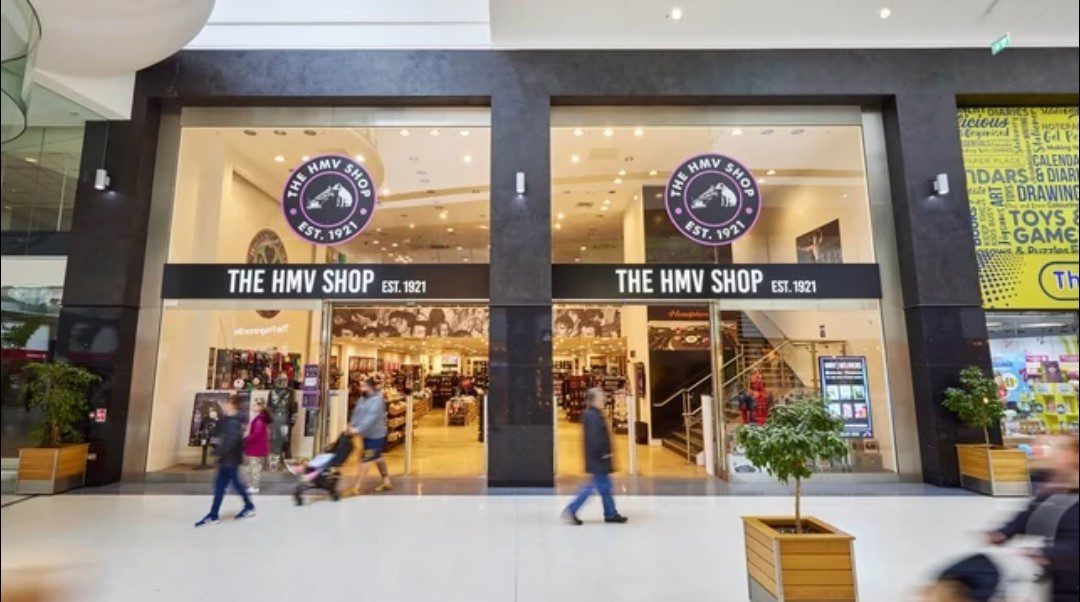
HMV reopening in their original Henry Street store is great news for the Street! More new store openings to follow…

HMV reopening in their original Henry Street store is great news for the Street! More new store openings to follow…
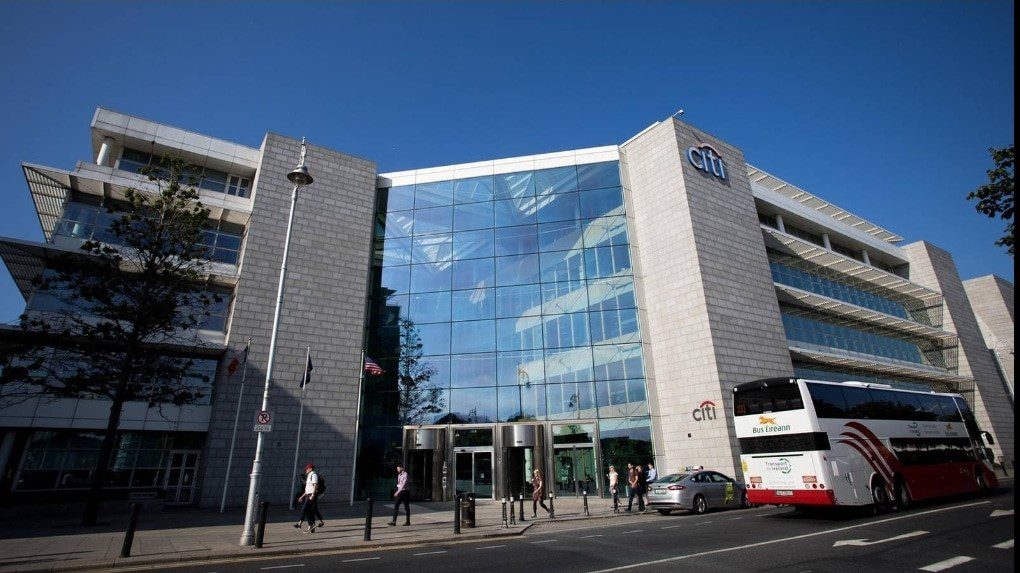
The Dublin office market is experiencing a game of musical chairs as environmental, social and governance (ESG) goals and policies drive office occupiers to relocate to more sustainable, greener buildings. This has been further accelerated by changing occupier demands. It has created a redevelopment and refurbishment opportunity that attracts occupiers from older, so-called brown buildings.
Many owners and occupiers recognise the opportunity to achieve their ESG goals and policies while reducing occupational costs. Moreover, the ability to attract high-quality occupiers is only possible with a green building. The game of musical chairs provides vacant possession to allow the redevelopment or refurbishment of brown buildings, thus enhancing the value of the asset.
One example of this trend is AIB’s decision to vacate Irish Life’s 1 Adelaide Road base and consolidate to 10 Molesworth Street. This move allowed Deloitte, which occupies Deloitte & Touche House on Earlsfort Terrace, to commit to the redeveloped 1 Adelaide Road. As a result, the Earlsfort Terrace property will become available to Iput for its proposed redevelopment.
[ Older office buildings can be as good as new. They’re often even better ]
Another example is the relocation of An Garda Siochana from its Harcourt Street headquarters to the recently completed Walter Scott House on Military Road. Hibernia Real Estate Group swiftly demolished the building, paving the way for the construction of Harcourt Square, which will become KPMG’s new Dublin office upon completion. This shift will result in Kennedy Wilson achieving vacant possession of KPMG’s office on Stokes Place, which received the green light from An Bord Pleanála earlier this year.
Waterfront South Central in Dublin’s north docklands is set to become the new European headquarters of Citi Group. The deal was made with Ronan Group Real Estate (RGRE), which acquired Citi Group’s premises at 1 North Wall Quay. The current premises will no doubt be redeveloped or refurbished and reintroduced to the market as a green building.
Aside from the discussed redevelopment opportunities, there are significant quantities of grey space available, including Fibonacci Square, which is being leased by Meta; 1 Cumberland Place, leased by Twitter; and 2 and 3 Wilton Park, leased by LinkedIn. This Grade A ESG-compliant space will undoubtedly be involved in the next round of musical chairs in the Dublin office market. As occupiers of older buildings take up this space, it will free up further development opportunities. The attractiveness of these options to developers will depend on the specifics of the building, location, floor-to-ceiling heights, and the practicality and cost of upgrading them to either new offices or alternative uses.
The game of musical chairs has created opportunities for owners and occupiers to achieve their ESG goals and policies while simultaneously reducing occupational costs. This trend also presents an exciting opportunity for the redevelopment and refurbishment of brown buildings and the enhancement of asset value.
Lucy Connolly is divisional director and head of offices at Bannon
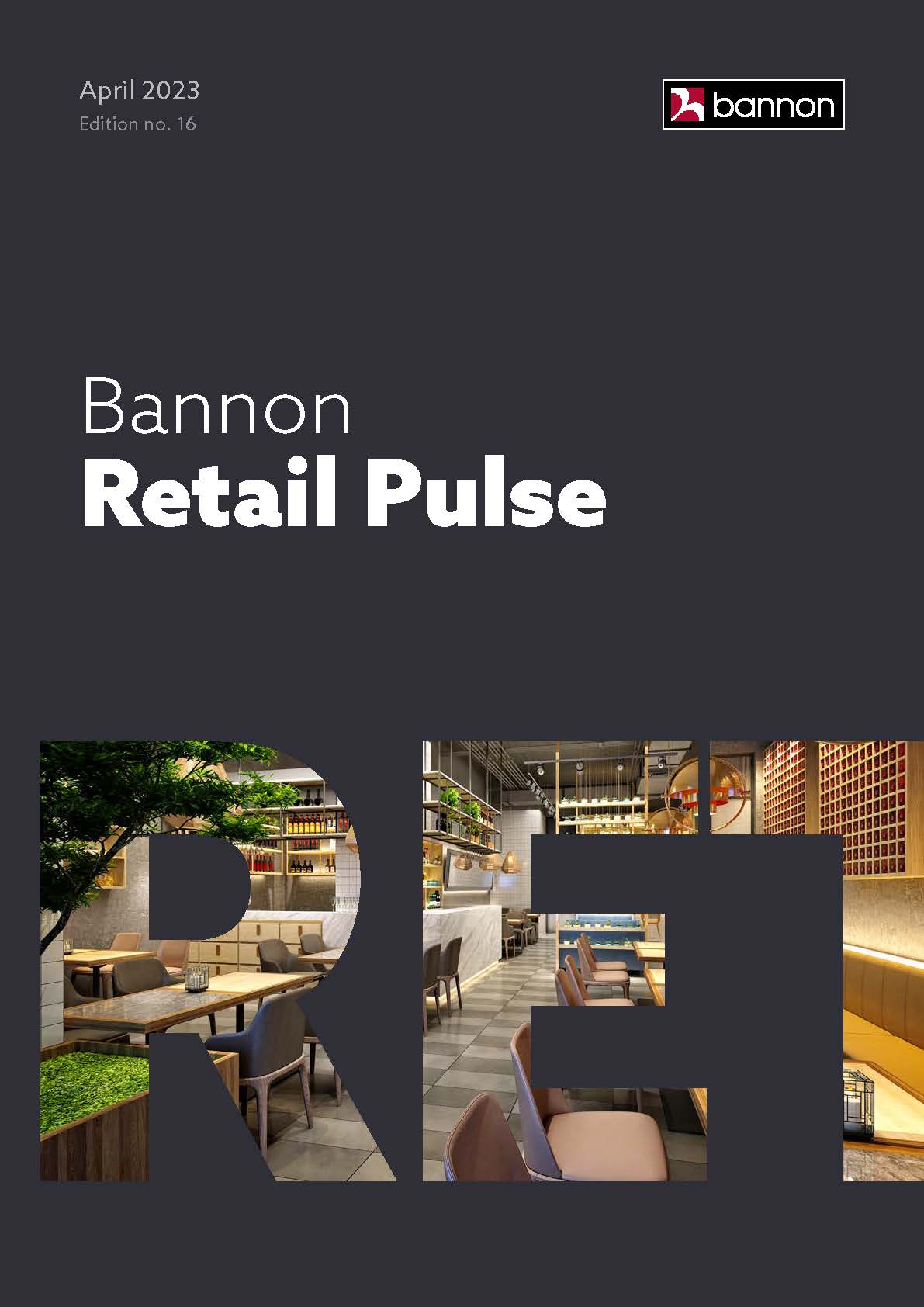 Bannon’s latest monthly Retail Pulse has now gone live.
Bannon’s latest monthly Retail Pulse has now gone live.
In this publication Neil Bannon discusses the up to date retail sales figures recently published by the CSO and how Irish consumers continue to confound predictions.looks at the stark decrease in the household debt to income ratio and what this might mean for the retail sector
To view the full report, please click here.
The Bannon Property Management Team has continued its growth from 2022 with a number of new instructions across the island. Q1 of 2023 has started off on the same footing with a number of new hires across the surveying and accounts team. Bannon now manages more than 1 in 4 of Irelands Shopping Centres & Retail Parks welcoming over 100 million customers every year. While the majority of our instructions are retail (Shopping Centres or Retail Parks), we also manage an increasing number of office buildings, most particularly in Dublin. This has required the team to focus on the sustainability aims of our clients and putting in place projects to achieve the goals.
The department has a 40-strong team of surveyors and accountants from 10 counties across Ireland. This is representative of the portfolio as we manage assets across all 4 provinces as we continue to grow our presence as a nationwide business.
The Bannon Head Office is based in Dublin, however, the firm adopts a hybrid working model for the Property Management Team. In several cases our surveyors live and work in the locality of the assets they manage.
The geographical spread of the Bannon portfolio and the surveyors who work with them, give us unique insights into the locality in which assets are located. Local knowledge is essential to ensure that the needs of local customers are met.
With recent instructions in Cork City and Cork County Bannon now has a major presence in the Cork market. This is in addition to new shopping centre management instructions in Waterford and Kilkenny.
If you want to talk to the Bannon team about managing a commercial property asset or are interested in joining Ireland’s fastest growing property management team, please check out www.bannon.ie.
Author: William Lambe, Divisional Director, Bannon
Date: 4th May 2023
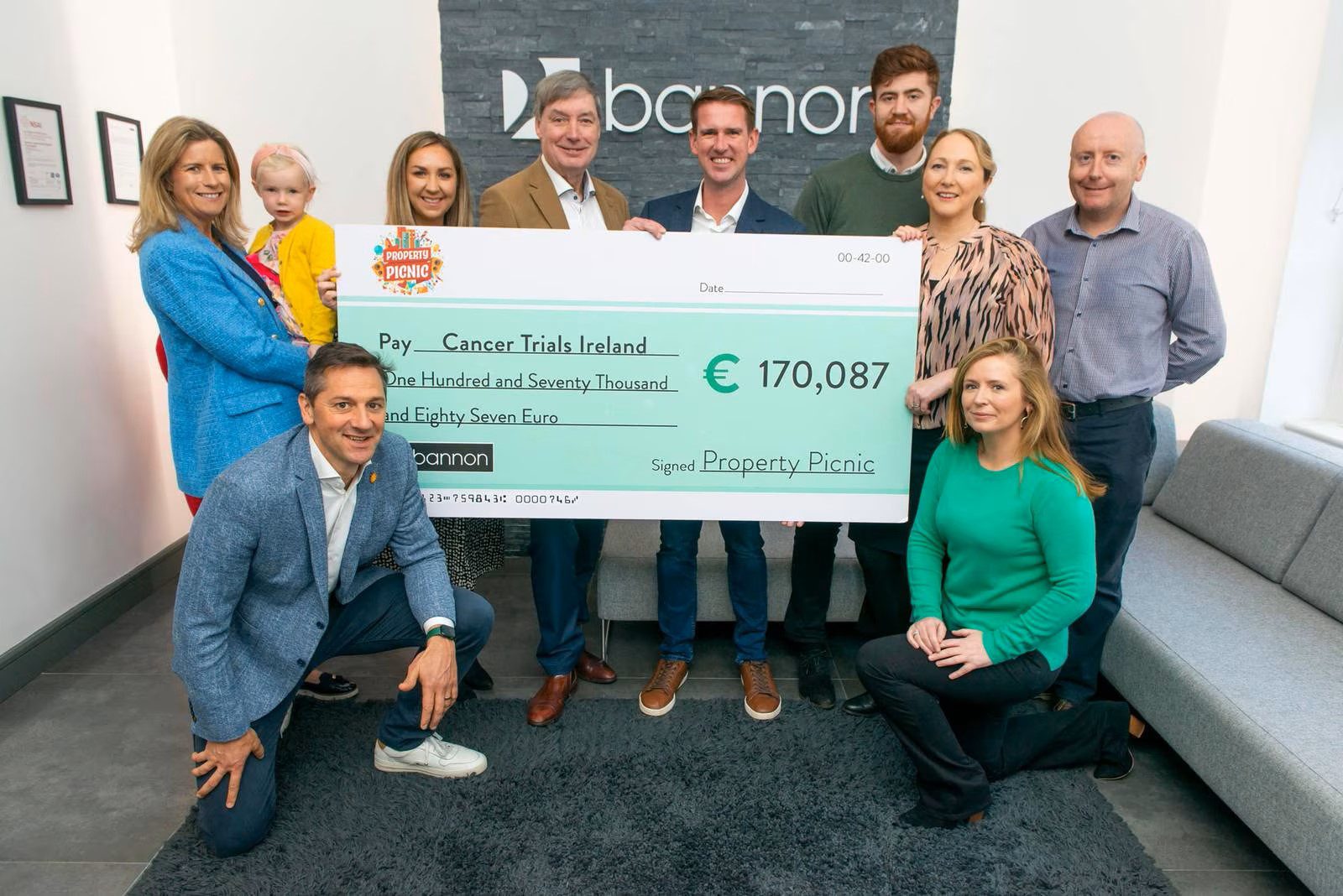
When the team at Bannon decided last year to organise a fundraiser for Cancer Trials Ireland in memory of their colleague Louise Creevy (née Doherty) who had sadly passed away, they thought it would be a one-off event. Such was the success of the Property Picnic, however, more than 650 guests from across the industry turned up for the gathering at 1WML in the Windmill Quarter and raised €170,087 in the process.
Given the picnic’s popularity, and with the funding raised contributing to trials in which 144 cancer patients in Ireland got to avail of cutting-edge treatments that they could not otherwise have accessed, and at no cost to themselves or the State, it’s hardly surprising that the event is back on this year. Keystone sponsorship for this year’s Property Picnic is being provided by Hibernia Real Estate Group, MCR, Core Capital, Matheson, Mastertech, and Glass Bottle (RGRE and Lioncor). Tickets for the event, which takes place on May 18th at 1WML in the Windmill Quarter, Dublin 2, cost €55 with an additional booking fee of €5.
Commenting on the importance of events such as Property Picnic to her organisation’s work, Cancer Trials Ireland chief executive Eibhlín Mulroe said: “Cancer Trials offer treatment options to patients. First and foremost, that is why many doctors working in cancer in Ireland seek to get patients on to trials.
“Within that, fundraisers like the Property Picnic help Cancer Trials Ireland to open a very important category of cancer clinical trials known as ‘investigator-led’ – read ‘doctor-led’ – trials. These trials are non-commercial. The research questions they ask are driven by patient need rather than commercial reasons.
“Last year, Property Picnic funds went towards four such investigator-led trials. Two of the trials were breast cancer trials, one in HER2-positive breast cancer, affecting one in five women in Ireland with breast cancer, the other in triple-negative breast cancer, affecting one in eight women, and is more common in younger women. The other two trials were in prostate cancer – one trial for previously untreated high-risk, localised prostate cancer, and the other for progressive, metastatic (ie cancer that has spread from where it first formed) prostate cancer.
“With the Property Picnic’s help, Cancer Trials Ireland was able to close out three of these trials, and in one case (the high-risk, localised prostate cancer study) present findings at a prestigious international cancer conference earlier this year, which showed the trial did achieve its primary objective of reducing prostate gland volume.”
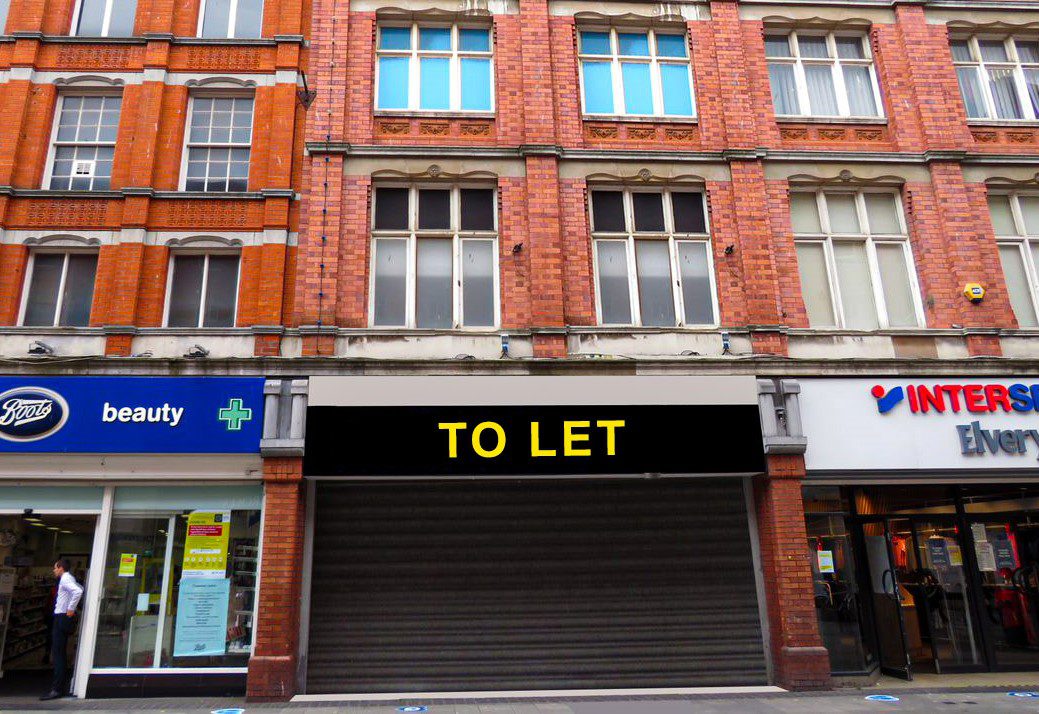
Local authorities across the country have been historically dependent on commercial rates for a significant proportion of their yearly income. It is estimated that commercial rates are worth approximately €1.5 billion annually to the local government sector. As of 2019 the Department of Housing, Local Government and Heritage reported that rates income typically represents between 20% to 30% of local authority income. The highest proportion was derived in Fingal County Council with rates revenue representing 52% of total income for that year. The proportion of rates income to total revenue is likely to increase further with the move by some local authorities to substantially reduce the vacancy credit available to owners of unoccupied commercial properties.
Since 2017 the vacancy refund allowable by Dublin City Council has been reduced from 50% to nil, meaning an owner is obliged to pay the entire commercial rates bill attached to a property regardless of whether it is occupied or not. The corresponding vacancy relief available from the other Dublin Local Authorities for the current year are as follows; Fingal 30%, Dun Laoghaire-Rathdown 35% and South Dublin 50%.
For properties situated outside the main urban local authority areas landlords typically had no commercial rates liability for vacant properties. However, with Carlow County Council opting to reduce the maximum level of vacancy credit available to 50% for 2023, other local authorities across the country may follow suit. This changing landscape should cause owners and investors to closely consider the financial liabilities associated with holding vacant commercial properties. Depending on the nature of the property in question, options which may be open to owners to reduce their liability could include undertaking works to put the property beyond beneficial use or seek a change of planning to residential use.
For more information and advice regarding reducing your commercial rates liability contact Niall Brereton, Director of Professional Services.
Author: Niall Brereton, Director, Bannon
Date: 3rd May 2023

Neil Bannon comments ‘Another confirmation that the retail sector is defying gloomy predictions this time from Dublin MasterCard Spending Pulse. Sales are up YoY in all categories from Necessities to Entertainment. The data accords with results from the Bannon retail portfolio and indicates strong growth across the Country. Particularly interesting to see Household Goods holding onto and adding to the gains made in the pandemic with sales in the sector now 25% above where they were in Q 1 2020’.
Full Irish Times Article available here.

At Bannon we analyse two types of sustainability, environmental sustainability attributes and the sustainability of an asset’s income. Sustainability of income is important as this considers the ability of the Occupier of the asset to pay rent to the Owner based upon the business they carry out in the building. Gaining an insight into this allows an Owner to understand whether they will maintain or improve income on the occurrence of lease events such as break clauses and expiries and also assess how solid or otherwise their income is in the context of market conditions and the implementation of asset strategy. The asset class that gives an Owner the greatest opportunity to use this analysis is retail where the performance of the business within the shop is directly relevant to the stability of income the Owner receives.
Understanding the strength of the rental income by analysing the trading and commercial performance of the rent paying occupiers puts the Investor in the strongest position to negotiate and regear lease terms, react to market requirements and devise and implement strategic asset goals. Bannon carry out rental sustainability analysis for schemes utilising our depth of retail asset and occupier specific data. The occupier’s current position will be further validated by their wider commercial performance and the effect both macro and micro economic conditions may have on the occupiers and their ability to perform.
The sustainable performance of an occupier is a key consideration for maintaining and forecasting income over the period of ownership. This gives our clients a clear advantage is assessing the value of an asset and looking at acquisition opportunities. The value of retail assets, especially shopping centres, has been depressed for some time despite their proven track record of producing strong predictable cashflows. Adopting sustainable rental analysis allows our client to see past the negative sentiment and acquire income producing assets at low cost when compared to other real estate investments.
A comprehensive understanding on a schemes rental sustainability can inform decision making when devising and asset strategy and inform cashflow forecasting. This can aide in de-risking cash flow line items for owners over their ownership period. Understanding rental sustainability can serve as a means of curating the schemes occupier mix and planning strategic initiatives. Overall, the ability to enhance the knowledge and understanding of income for the owner serves as a means to promote good asset management and to improve income over the term of ownership.
If you would like to know more about Bannon’s approach to rental sustainability analysis and how it can strengthen your asset strategy, please get in touch @ Consutancy@bannon.ie.
Author: George Colyer, Surveyor, Bannon
Date: 17th April 2023

A Green Lease is a commercial lease, containing additional clauses that the building must be occupied, operated and managed in an environmentally sustainable manner. The concept of a Green Lease was first developed in Australia where its use has been mandatory since 2006 in all government-owned and occupied buildings. In France, Green Lease legislation has been mandatory since 2013. Globally, 42% of investors have Green Lease clauses in place with an additional 37% looking to adopt them by 2025. On the occupational side, 34% of occupiers are currently committed to Green Leases.
Green Lease clauses can range from ‘light green’ to ‘dark green’ depending on the nature of the property, and energy performance certifications. The essential elements of a Green Lease include:
For both Owners and Occupiers, a Green Lease encourages a relationship of collaboration and meets corporate social responsibility objectives.
What are the benefits of a Green Lease?
For the Owner
For the Occupier
Green leasing provides an effective framework for both Owners and Occupiers to work together to achieve a common objective and comply with future legislative requirements. A sustainable building with lower running costs is more marketable for Owners and more cost-effective for Occupiers to occupy. Given the evolving nature of Green Leases, it is prudent to take legal and professional advice before entering such leases to ensure that the provisions are suitable for your organisation.
If you want to discuss the sustainability dynamics of the Irish Commercial property market further contact the Consultancy Team @ Bannon.
Author: Cillian O’Reilly, Surveyor, Sustainability Manager, Bannon
Date: 11th April 2023
The Q1 2023 Bannon Investment Pulse is now available providing a succinct summary of the Capital Markets transactions starting off the year.
With the Residential sector a surprising resilient highlight the total turnover of €625m is reflective of the current subdued sentiment in the market.
For more information or to talk on the opportunities available please get in touch; Roderick Nowlan, Alex Patterson, George Colyer, Cillian O’Reilly
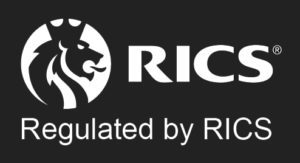


Hambleden House
19-26 Pembroke Street Lower
Dublin 2
D02 WV96
Ireland
»Map
Phone: +353 (1) 6477900
Fax: +353 (1) 6477901
Email: info@bannon.ie


